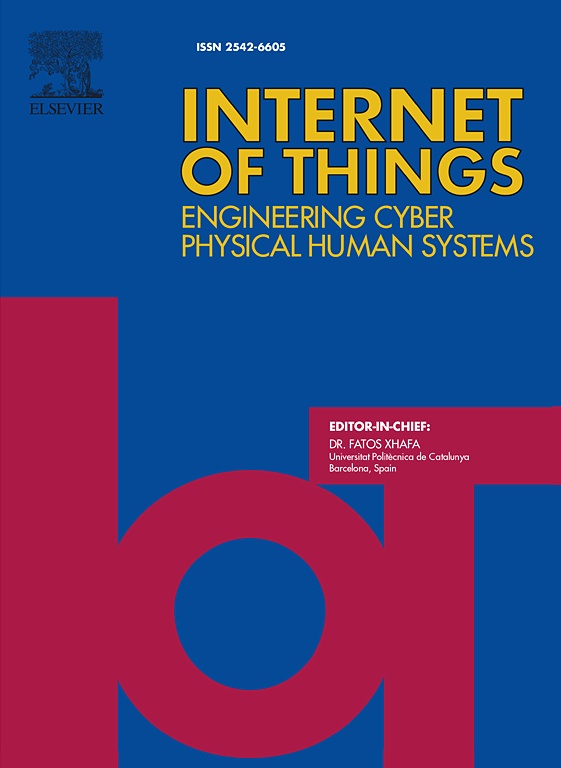This paper emphasizes the importance of postmodern theory for the realization of the digital
transformation of the European Union. The European Union unveiled its “Digital Decade”
strategy in March 2021. This policy agenda is based on the 2030 Digital Compass, a roadmap to
achieve the digital transformation of the EU economy and society. The 2030 Digital Compass
emphasizes that the ideas of solidarity, prosperity and sustainability are the cornerstones of the
European path towards a digitized economy and society. This approach is based on empowering
businesses and citizens and maintaining supply chains and the security of the digital ecosystem.
A detailed review of studies on digital citizenship will help us better understand how citizenship
is transformed into digital citizenship and into digital European citizenship within the process of
digital transformation of the European Union. Postmodern theory can be viewed as a new
roadmap for interconnection between European citizenship and digitalization. This paper
emphasizes that the concept of the digital self based on the postmodernist idea of identity might
serve as a roadmap for the relationship between digitalization and European citizenship. Another
roadmap for the interconnection of European citizenship and digitization is the better development of digital human rights in the European context. This paper emphasizes that the
main shortcoming of the European Declaration on Digital Rights and Principles is that it does
not include the concept of human dignity on which the idea of human rights is based and which
is emphasized by the Charter of Fundamental Rights of the European Union and other European
legal documents.

